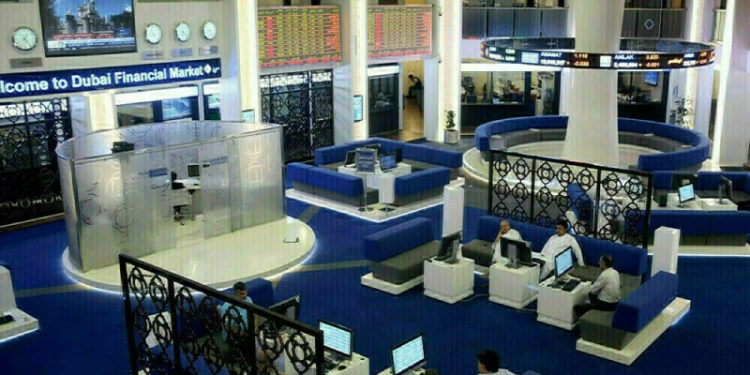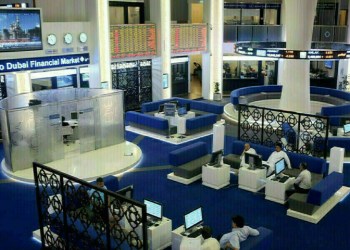By Trevor Hunnicutt
NEW YORK (Reuters) – U.S. fund investors withdrew billions from domestic stocks during the equity market’s tariff tantrum, the Investment Company Institute (ICI) said on Wednesday, adding turbulence to a market that has shed its carefree attitude.
Some $11 billion was liquidated from U.S.-based domestic stock mutual funds and exchange-traded funds (ETFs) during the seven days ended March 7, according to the trade group, as U.S. President Donald Trump announced plans to impose import tariffs on steel and aluminum.
Fears of inflation stoked by rising wages, a falling dollar or a trade war sparked by the tariffs have kept markets on edge. Not only does inflation erode the value of cash, it could also force the U.S. Federal Reserve to further raise rates and tighten monetary policy, slowing the economy.
That stew of concerns has made fund investors jumpier, with demand for domestic stock funds deteriorating overall and growing more fickle from week to week in 2018 compared to last year, the ICI data shows.
“We don’t seem to be in a phase where people are buying the dips when the market trades off. They seem to be more cautious,” said Janet Johnston, portfolio manager for TrimTabs Asset Management LLC.
“This is the bull market that no one loves.”
Johnston said the nine-year-old bull market is still on strong footing, with U.S. tax cuts adopted last year plumping corporate profits.
Overall, stock funds posted $6.5 billion outflows for the week, with some of the domestic equity withdrawals offset by continuing demand for international equities. Bond funds took in just $1.5 billion, ICI said, also weaker than their trend this year. Funds invested in commodities took in $206 million, marking their 8th straight week of inflows.
Fusion Media or anyone involved with Fusion Media will not accept any liability for loss or damage as a result of reliance on the information including data, quotes, charts and buy/sell signals contained within this website. Please be fully informed regarding the risks and costs associated with trading the financial markets, it is one of the riskiest investment forms possible.
Source: Investing.com



























